One question I have been asked many times since joining the McMaster Industry Liaison Office (MILO) eight years ago is “What does an Industry Liaison Office do?”
Virtually every research intensive university in North America now has an office whose role is to help move research results from the university into the private sector and to build partnerships with industry to enable them to sponsor collaborative research at university. These offices are sometimes called technology transfer offices (TTO), industry liaison offices (ILO), business development or commercialization offices for the university. And while MILO simply stands for the McMaster Industry Liaison Office and WATCO the Waterloo Commercialization Office, other universities have branded themselves with exciting names such as World Discoveries (Western), The Catalyst Centre (Guelph) and Innovations (U of T).
At MILO we have a business development group that works with researchers at the university and its two affiliated research hospitals, Hamilton Health Sciences, and St. Joseph’s Healthcare Hamilton. The business development advisors meet with faculty to discuss their inventions, file patents and other forms of intellectual property, market technologies, obtain proof-of-principle funding to move technology further towards commercialization, license technologies to existing companies and support the formation of new startup companies.
The research contracts group is responsible for building partnerships with companies who engage in sponsored research with the university and hospitals. Each time a company works with the university a research contract is negotiated that covers the scope of work, publication rights and ownership of results from the project. These agreements range from straight-forward arrangements such as a fee for service contract where the company pays the full cost of the work and owns the results of the project to multi-year multi-million dollar agreements with tens of universities, companies and funding agencies involved. The research contracts group meets with faculty and industry to build these partnership and works with funding agencies to leverage industry funds to maximize the scope and impact of the research.
The overall goal of the of MILO is to support faculty and students in building and strengthening partnerships with industry and the community for research collaborations and to transfer the results of this research to the public for economic benefit and social impact. Given that we are a relatively small office (about 10 people) serving a large research university and two hospitals, we work very closely with organizations like the Innovation Factory, the Ontario Centres of Excellence, NSERC and others to leverage their complementary expertise in supporting the university’s mission to move research results into society. We are always willing to meet with companies interested in working with the university and any faculty member, student or alumni eager to move their ideas into society.
Glen Crossley is a business development advisor for physical science and engineering at MILO. In addition to his role at MILO, Glen co-manages The Forge, McMaster’s Campus Linked Accelerator for youth entrepreneurs which is run in collaboration with the Innovation Factory.






